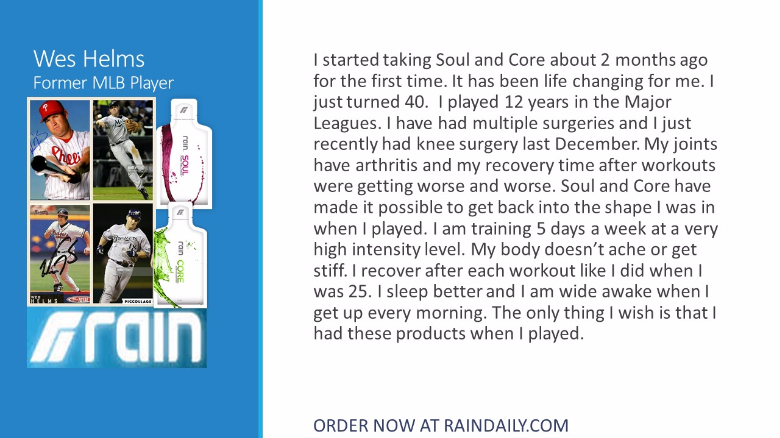Have trouble getting started in the morning?
Feel sluggish in the afternoon?
Ready to crash come evening?
You're not alone.
Many people, especially women, are constantly suffering from a lack of energy. Fatigue can be caused by a number of different factors, but for many people, poor nutrition is to blame.
Since food is the body's fuel, how well you're able to perform during the day may be directly related to what foods you fill up with during meal and snack time.
When it comes to energy levels, foods and drinks that play the biggest role are carbohydrates, protein, water, and caffeine.
Here's how to include them in your diet:
Carbs for Energy
Your body needs some carbs. Yes, you heard it right. Carbs!
A combination of complex and simple carbs is what to aim for to get maximum benefit. Complex carbs are slower to burn and include foods like whole grains and starchy vegetables (squash, potatoes, carrots, and pumpkin). Whole grains that are high in fiber are what you need for sustained, long-lasting energy. Look for bread that contains two to three grams of fiber per slice.
For a healthy dose of simple carbs, stick with fresh, whole fruits.
Protein for Stamina
While carbs supply energy, protein is responsible for releasing the energy.
Protein is also essential for cell growth, the transport of nutrients and hormones through the body, healthy muscles, and a properly working immune system.
Be sure to eat a source of protein at each meal, whether lean meat, fish, poultry, beans, eggs, soy, nuts, or low-fat dairy.
Water for Refreshment
Essential to survival, water is also essential for energy.
When you consider that two-thirds of your body is made of water, you're reminded how important water is to health and wellness. Water helps to control your temperature, helps you digest food, lubricates your organs, and plays a major role in creating energy molecules.
If you're depleted of water, you probably feel depleted of energy. If you're dehydrated, you'll feel completely dragged out. Without enough water, your body will work overtime to re-hydrate itself instead of producing energy.
Caffeine for Stimulation
Caffeine is a stimulant that works by exaggerating the effects of your natural hormones, causing your heart to beat faster and your breathing to increase, making you feel more alert.
Perhaps you're one of the millions of people who drink one or more cups of coffee in the morning. If so, you know the powerful effect caffeine has to jumpstart your energy level.
Besides coffee, caffeine is also found in tea, sodas, herbs, and chocolate. Be aware that too much caffeine can make you feel jittery, interfere with your sleep, and cause dehydration.
Additional Tips
Keep in mind that overeating, no matter what food, may cause sluggishness.
Instead of three large meals, try eating several small meals (don't forget breakfast!) throughout the day to give you constant bursts of energy.
Too much alcohol or a vitamin deficiency is often to blame for low energy levels. For women, a dragged out feeling could be caused by anemia (low iron) due to their monthly menstruation.
If you still feel fatigued and lethargic after eating a well-balanced diet, contact a food professional or your physician. Stress, medications, diseases, sleep problems, or lack of exercise may be to blame, and getting these under control will get your energy level back where it belongs.
One of the most proven ways to increase your energy levels is to participate in a consistent, challenging exercise program.
My passion is to help people, just like you, improve their energy levels and their overall quality of life.
Call or email me today to get started on a fitness plan that will put some pep in your step.
Personal Trainers and Strength Coaches Click Here




